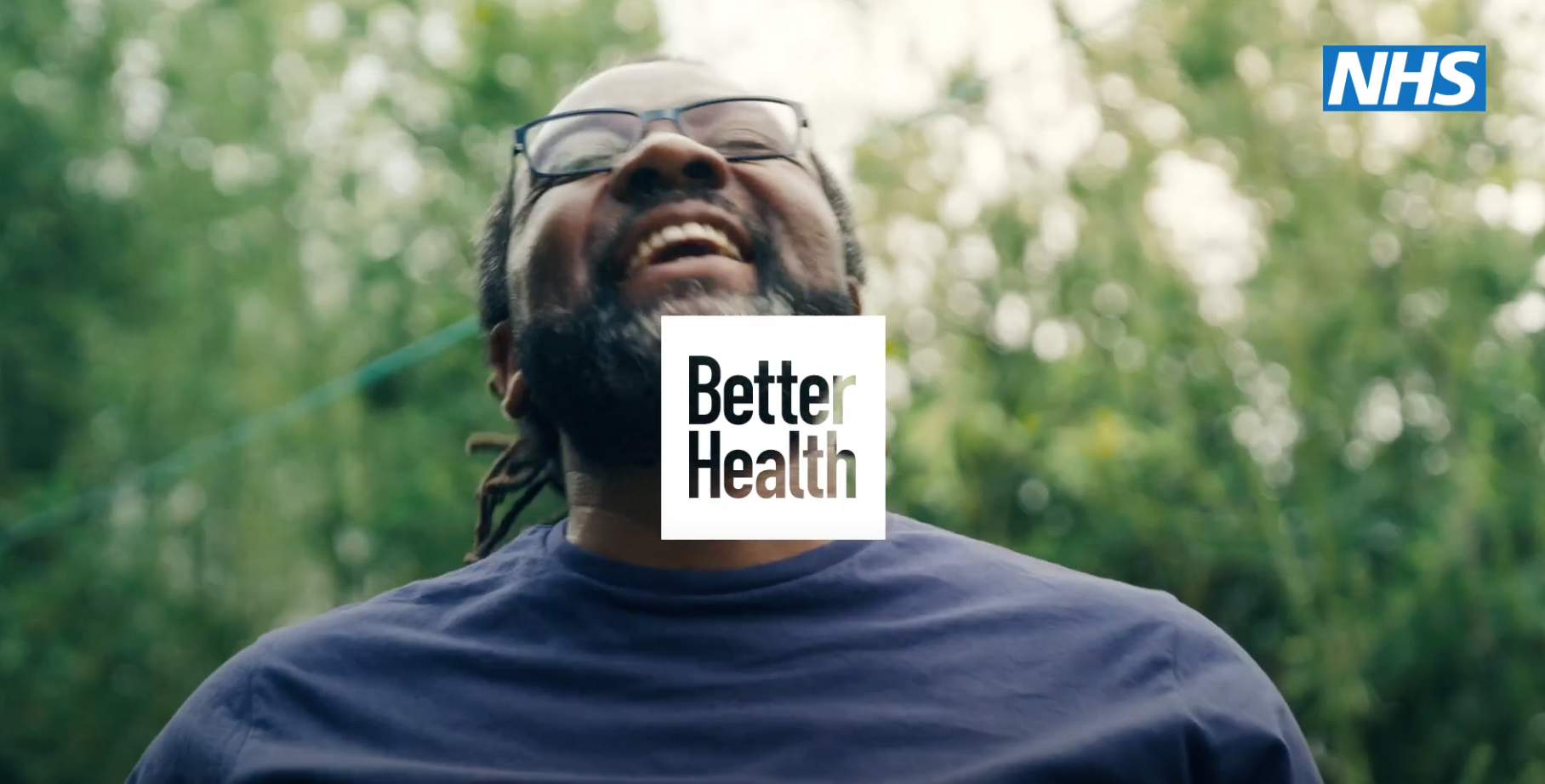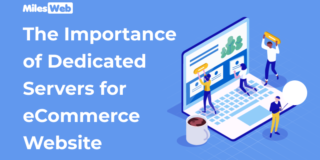The UK government has announced plans to ban the advertising of junk foods online and on television before the 9pm watershed. At the same time, the government also suggested that it is considering a blanket ban on all online advertising of sweets and fast food.
In what has already been a tumultuous year for advertisers as well as food and drink brands, the ban could prove to be disastrous for many more companies. Paul Bainsfair, director general of IPA, responded saying that the obesity strategy proposals “will punish the very businesses that have been helping the country get through the Covid-19 crisis, including food manufacturers, retailers, and commercial broadcasters and online publishers.”
Ad industry criticises mixed messages from government
The backlash against the ban does not simply stem from the restrictions on brands and their marketing, but what it means for the advertising sector in the current climate.
Due to Covid-19, Oxford Economics predicts that ad spend will drop by $4bn in 2020, while the sector as a whole could see its turnover fall by £19bn. As a consequence, 26% of advertising jobs are predicted to be lost, which equates to 49,000 roles.
We’ve already seen evidence of this. According to IPA, Q1 2020 saw UK marketing budgets decline at their fastest rate since the global financial crisis in 2009. TV industry estimates predict a ban on junk food ads will force them to make additional cuts of more than £200m to programme budgets when the ban is enforced. ITV would lose an estimated £100m in revenue, while Channel 4 would lose £40m.
Aside from the direct impact on businesses, the government has also been accused of giving the public mixed messages with its ‘Eat Out of Help Out’ promotion, which offers a 50% discount on food up to the value of £10 to individual consumers. Ironically, the list of participating restaurants includes a number of fast food chains such as Burger King, TGI Fridays, and Pizza Hut, who regularly advertise HFSS foods (“High Fat, Salt and Sugar”).
Additionally, critics have been quick to point out the government’s own 2019 research, which found that a pre-watershed ban on junk food ads would only reduce a child’s calorie consumption by 1.7 calories a day, which is the equivalent of half a Smartie. At the same time, as the letter from IPA to the government points out, children’s exposure to junk food ads have reduced by 70% over the last decade while obesity rates have grown.
Does the ‘Better Health’ campaign strike the right tone?
The HFSS advertising ban is just one part of Public Health England’s ‘Better Heath’ campaign, which will also see a restriction in ‘Buy One Get One Free’ meal deals for foods that are high in salt, fat, and sugar. Furthermore, the campaign will involve a number of apps and tools to help people make healthier food choices and manage their weight, such as an NHS-backed 12-week weight loss app, and discounts with Weight Watchers and Slimming World.
In terms of advertising, the campaign’s TV spot tackles the subject of weight and its impact on health head-on, specifically referencing the fact that losing pounds could help people to fight off Covid-19 more easily. It’s been suggested that the campaign’s message has been spearheaded by Boris Johnson, due to the belief that weight played a part in his own battle with coronavirus.
The tone of the campaign is certainly different to previous weight and nutrition-focused initiatives from Public Health England. ‘Change4Life’ in 2019, for example, focused on ‘smart swaps’ to reduce sugar intake and encourage physical exercise to improve mental well-being. These campaigns have also typically focused on children and teenagers, and while the junk food ad ban is designed to stop kids being negatively influenced by TV, the ‘Better Health’ ad itself is solely directed at overweight adults. The aim is to also reach people in ethnic minorities who have been disproportionately affected by Covid-19.
A no-nonsense yet encouraging tone is clearly the aim, but it’s a tricky balance that even Public Health England is aware of. Speaking to Campaign Live, marketing director at PHE, Sheila Mitchell, said: “If we got the tone on this one wrong, it would be really quite damaging. We had to make sure it wasn’t scaremongering, it wasn’t nanny-state-ism.”
With many people critical of the government’s own actions before and throughout the pandemic, the campaign does feel a bit misguided in how it references Covid-19, and even a little accusatory.
Overall, the campaign manages to avoid an overtly pessimistic tone; its direct and actionable approach even seems refreshing, particularly considering that most marketing has not strayed too far away from the ‘here for you’ message of recent months. Again, however, the campaign lacks alignment with the wider ad ban. It seems odd to target adult weight loss here, while the ban on junk food ads is solely designed to protect children. Considering the campaign was executed in just six to eight weeks, this lack of alignment is perhaps not too surprising.
Calls to create ad opportunities, not restrict them
The ASA already imposes strict rules when it comes to children being exposed to HFSS ads. Alongside a ban on HFSS campaigns in children’s media made in 2017, the ASA undertook a ‘compliance’ sweep in 2019 to crackdown and monitor websites that were breaking the rules. YouTube was one of the culprits, but the sweep ensured that the social platform and the brands involved were able to rectify their wrong-doings.
In light of ASA’s management of the issue, it’s been suggested that the government is misguided in its ad ban, and should instead be focusing its efforts on encouraging advertising that re-enforces the ideas of healthy food choices and exercise.
‘Veg Power’ – a campaign that ran across ITV, Sky, and Channel 4 in 2019 – is often cited as a good example of positive advertising. This is because it makes eating healthy sound appealing to kids, theoretically balancing out harmful messages from junk food brands.
Here it is….@VegPowerUK & @ITV are delighted to present….#EatThemToDefeatThem pic.twitter.com/UHKnhq4ZZG
— Veg Power (@VegPowerUK) January 25, 2019
Despite a wave of criticism, one thing the ban could do is force brands to re-think not just their ad strategy, but the nutritional value of their food first and foremost.
Essentially, it could lead to further investment in the production and promotion of healthier alternatives, with brands doing so to ensure they will be able to stay front of mind with consumers. This, from the perspective of the ad industry at least, might be the only way to combat the inevitable losses.




